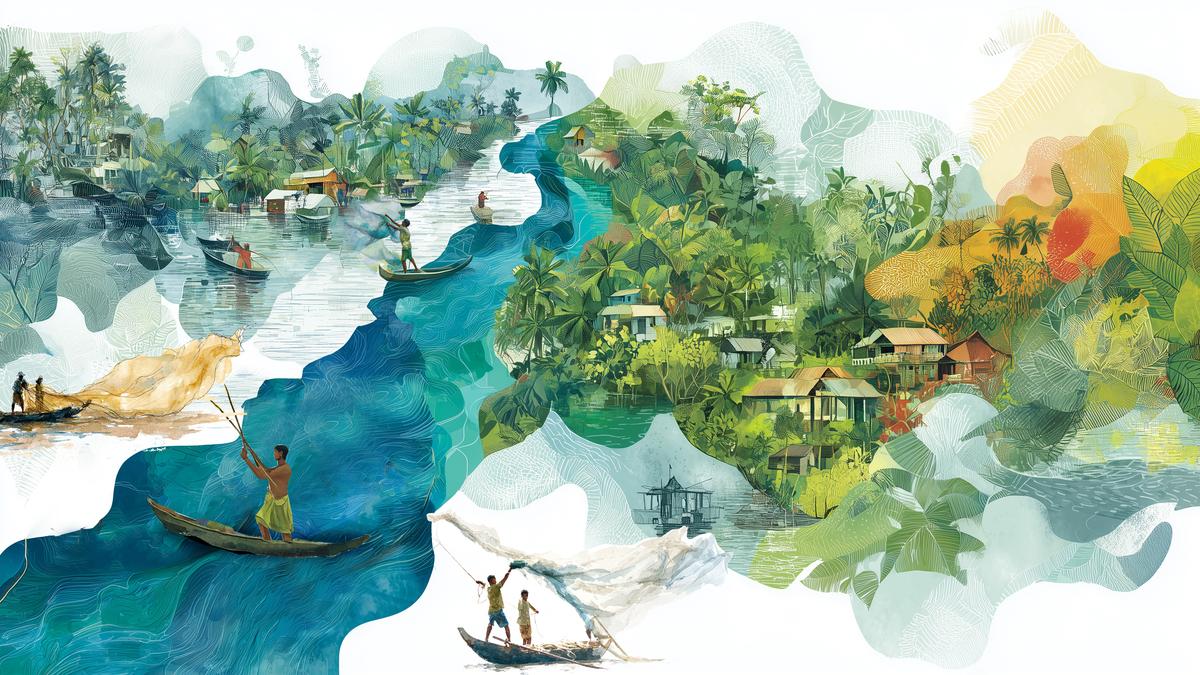Now Reading: Echoes of the Sundarbans: Reviving Fisherfolk’s Forgotten Song
-
01
Echoes of the Sundarbans: Reviving Fisherfolk’s Forgotten Song
Echoes of the Sundarbans: Reviving Fisherfolk’s Forgotten Song

Quick Summary
- The Sundarbans region in West Bengal, hosting India’s largest mangrove forest and home to 250 fish species, is facing a severe decline in fish haul. this includes the hilsa, a key economic and cultural symbol.
- Small-scale fisherfolk are struggling due to reduced income caused by trawling impacts,rising pollution,high salinity levels,and regulatory violations around fishing practices.Migration for alternate employment has increased drastically post Cyclone Aila (2009).
- Migrant workers from Sundarbans frequently enough relocate to Kerala and Andhra Pradesh for fishing or agriculture; they face informal work conditions with inadequate housing and sanitation provisions as documented in a 2023 research paper.
- Folk art traditions like Bonbibir Pala-a theater form integral to the region’s culture-are disappearing due to migration of practitioners into other work streams or geographical regions. Out-migration has also affected community interactions among adolescents.
- Experts blame unsustainable human activity such as unchecked industrial waste discharge near Kolkata and infrastructural modifications like Farakka barrage for degrading river ecosystems more than climate change itself.
Indian Opinion Analysis
The ongoing decline of fisheries coupled with migration dynamics poses meaningful challenges to livelihood sustainability in the Sundarbans while deeply altering its community fabric. Fisherfolk face multilayered difficulties tied not just to ecological degradation but also systemic governance oversights like unenforced anti-trawling regulations or unchecked industrial pollution affecting river flows crucial for inland fishing economies.
The erosion of folk traditions such as Bonbibir Pala due to economic compulsion represents both cultural loss and diminishing local cohesion. Long-term effects on younger generations could include detachment from conventional values rooted in enduring coexistence within nature-a sentiment preached through these folk arts.
Policy interventions need prioritization toward stricter fishing norms enforcement alongside promoting option local livelihoods beyond ecological constraints rather than encouraging out-migration trends leading dependency elsewhere; likewise efforts must recognize intangible heritage conservation aligning socio-economic policies toward preserving ties between vulnerable populations & context relevance back their native settings sustainably featured staggering shifts .Read more: [Source Link Provided]
























